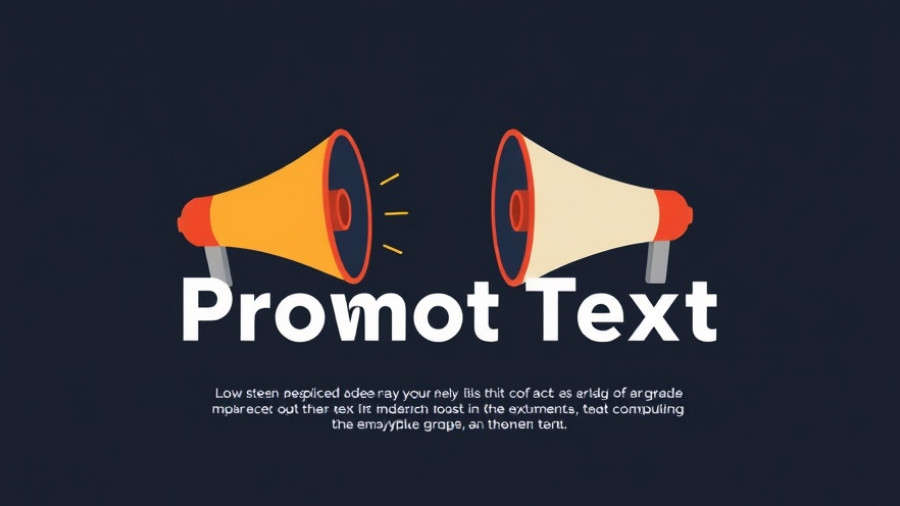
Unlock the Power of Instagram Influencer Marketing
In today’s fast-paced digital landscape, Instagram influencer marketing has transformed from a novel strategy to a cornerstone of successful brand promotion. As consumers increasingly rely on social media for product recommendations, businesses that harness the power of Instagram influencers can create authentic connections with their audiences and achieve remarkable returns on their marketing investments.
Why Instagram?
Instagram has established itself as the leading platform for influencers, boasting more than 2 million active content creators. The platform's visual-centric approach not only enhances engagement but also facilitates seamless social commerce. According to a study, approximately 80% of consumers trust recommendations from influencers as much as from their friends, making influencer partnerships incredibly effective for driving sales. The growing engagement levels among younger generations, particularly Gen Z and Millennials, indicate a significant opportunity for brands to capitalize on this trend.
Key Benefits of Collaborating with Influencers
- Trust and Authenticity: Partnering with influencers who resonate with your target audience enhances authenticity. Influencers cultivate trust with their followers, leading to higher engagement rates and stronger brand loyalty.
- Broadened Reach: Collaborating with the right influencers can extend your brand’s reach exponentially. With their dedicated follower bases, influencers can introduce your products to new audiences and demographics.
- Measurable Results: Influencer marketing campaigns yield impressive ROI. Research indicates brands can earn an average of $5.78 for every dollar spent on influencer marketing.
Understanding Influencer Types
When contemplating influencer partnerships, it’s crucial to consider the various types of influencers available. Nano-influencers (1k-10k followers) often boast higher engagement rates and more committed audiences, while micro-influencers (10k-100k followers) can provide content that appears more relatable. On the other hand, macro-influencers (100k-1M followers) and mega-influencers (1M+ followers) offer vast reach, ideal for brands seeking widespread visibility.
Steps to Execute a Successful Influencer Marketing Campaign
- Define Your Goals: Establish clear objectives for your campaign, such as increasing sales, driving website traffic, or building brand awareness. Set measurable KPIs to gauge your success.
- Identify the Right Influencers: Choose influencers whose values align with your brand and whose followers mirror your target audience. Tools like influencer marketing platforms can streamline this process.
- Personalize Your Outreach: Craft personalized messages when reaching out to potential influencers. Avoid generic templates and genuinely show interest in collaborating with them.
- Engage Creatively: Allow influencers to express their creativity when promoting your brand. This facilitates authentic content that resonates with their audience.
- Track and Measure Performance: After your campaign goes live, monitor its performance against your defined KPIs. Use this data to refine future marketing strategies.
Future of Influencer Marketing
As we move further into 2023, the landscape of influencer marketing continues to evolve with technology. Virtual influencers, or digital avatars, are becoming notable players in this realm, enhancing brand safety while providing consistent content creation. The integration of AR and AI technologies into influencer marketing also presents exciting opportunities for brands to engage in innovative and interactive ways.
Final Thoughts
With social media driving significant consumer behavior changes, investing in Instagram influencer marketing is not just beneficial—it's essential. To stay competitive, brands must adapt quickly, embracing the authenticity and creativity that influencers bring to the table. By implementing these strategies, you can leverage influencer partnerships to boost your brand’s online presence and sales significantly.
Ready to take your influencer marketing to the next level? Implement these strategies today and watch your engagement soar.
 Add Row
Add Row  Add
Add 




Write A Comment